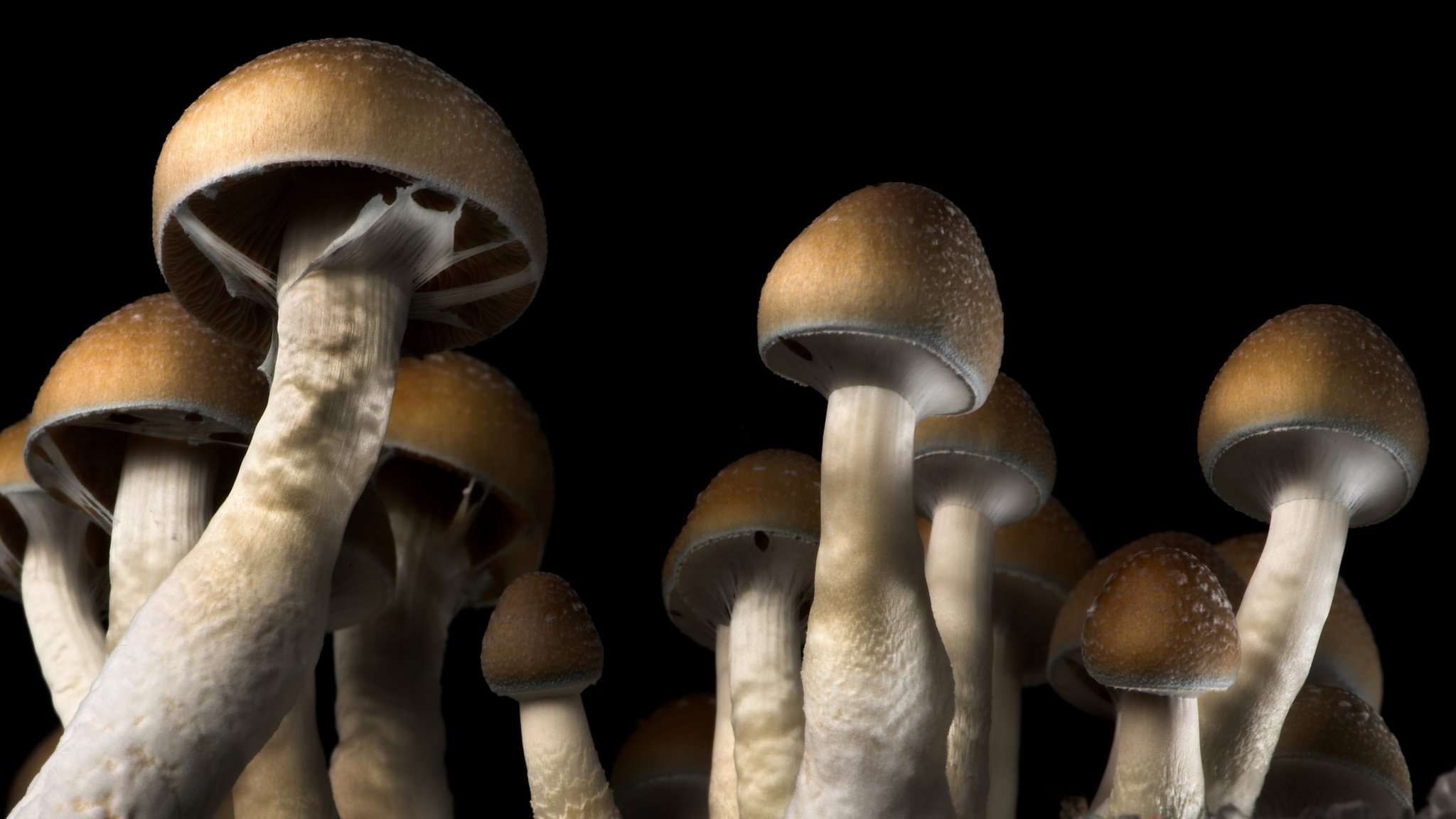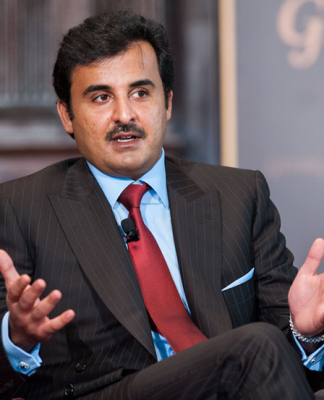Magic mushrooms: Sustainable allies

Fungi are normally associated with the forest floor and, yes, mould. In reality, they are fascinating living beings with hidden superpowers. Whether it’s detoxifying polluted soil, or even replacing fossil fuels, mushrooms could be an invaluable ally for the planet. In this episode of Down to Earth, we meet the scientists and entrepreneurs working to unlock their full potential.
Fungi are neither plants, nor animals: they are in a category of their own. At first glance, mushrooms live mostly on the surface, but they actually form a vast network of filaments underground, called mycelium. If we compare it to a plant, mycelium is the root and the mushroom is the flower.
David Navarro, an engineer specialised in fungal biodiversity and biotechnology, has been studying mushrooms and mycelium in particular for more than two decades. He is in charge of a collection spanning more than 3,000 species. “We store them in refrigerators, in culture tubes, but also in liquid nitrogen at -196 degrees Celsius. That way, we get to keep the strains forever,” says the Marseille-based researcher.
In his lab, David carries out a series of experiments for France’s National Research Institute for Agriculture, Food and the Environment (INRAE) to find out how fungi could be used for industrial purposes. One of their main characteristics is that they can break down organic matter.
“We test them all on molecules that are very difficult to degrade: industrial colours used to dye jeans for example, or polyurethane, which we use to make plastic,” he adds.
Mushrooms vs. pollution
Yphen, a French startup, is also interested in their potential to degrade organic matter, and not just any kind: toxic pollutants such as fossil fuels.
According to the company’s CEO and founder Gil Burban, “the same way mushrooms feed on wood, they also feed on fossil fuels.”
The company has developed new technology to produce small seeds of a fungi concentrate that can be used to remove pollutants from the soil.
The solution has already been tested on a construction site in Geneva, with successful results. The next step will be to scale up production.
“Ten kilos of our mushroom seeds are enough to clean up one hectare of polluted soil,” says Burban.
Fungi-based biofuel to replace gasoline?
According to Antoine Margeot, head of biotechnology at IFPEN – the former French Petroleum Insititute – mushrooms could be serious contenders competing against gasoline in the near future.
“We can reduce greenhouse gas emissions by 80 to 90 percent using mushroom-based biofuels, compared to gasoline,” he explains.
At a biorefinery in eastern France, the research institute is already producing biofuel out of organic waste, such as wheat and rice straw. Two different mushrooms come into play: one that breaks down the waste, while the other transforms the by-product into ethanol.
Fungi-based biofuels won’t completely replace gasoline, but they’re a real solution to decarbonise the transport industry, says Margeot.
“It’s a real solution I can implement now with my car and existing fuel systems.”






























